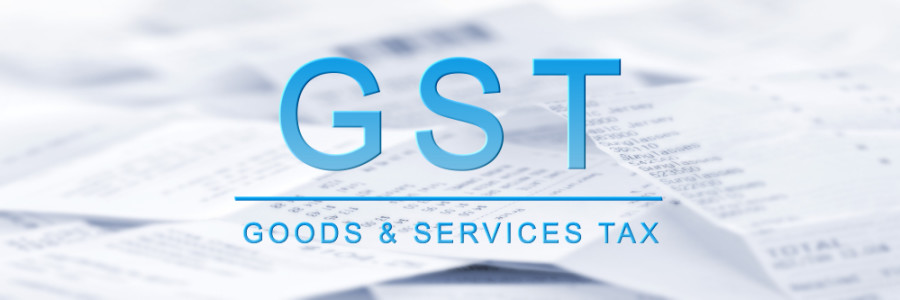Singapore GST Claim Procedure For Eligible Companies
Goods & Service Tax (GST) is a levy similar to what other countries referred to as Value Added Tax. It is charged on domestic use of goods and services and…
Goods & Service Tax (GST) is a levy similar to what other countries referred to as Value Added Tax. It is charged on domestic use of goods and services and was instituted in Singapore back in 1 April 1994. The GST is tailored to enable the government to collect the much-needed revenue without making income tax expensive for the general public.
Relatively, Singapore has one to the lowest GST rates in the world at 7%. Businesses in Singapore that file in turnovers of over 1 million are mandated to collect GST on all the sales of the products and services; thus acting as collection agents on behalf of the government of Singapore. These companies are usually given a period of one month after filling their quarterly tax obligations to submit the GST collections to the Inland Revenue Authority of Singapore.
Like consumers, businesses are obligated to pay taxes on the goods and services that they purchase where the vendors of those goods and services are GST-registered businesses. However, unlike customers, businesses are able to claim the taxes paid in the purchase of such taxable supplies. On the production and consumption chain, the domestic consumers come last. This means that they have to absorb all the GST on their purchases. Businesses, on the other hand, have the opportunity to produce taxable goods and services for other business and customer eventually. For instance; an ice cream maker that pays GST to her supplier of milk, flour and eggs is in a position to claim the taxes paid to it because the ice cream it produces still attracts GST. So, given that a business has satisfied certain criteria put in place by the IRAS, businesses can claim GST incurred by their purchases. This is called input tax.
Companies are in a position to claim input tax that has been incurred in its purchases which contribute to the production of taxable supplies to consumers. For instance, an importer of iron ore can claim input tax incurred in the importation of ore since the product will be in turn sold to steel manufacturers who will be required to pay GST on those purchases.
The IRAS makes provision for input tax claims on non-residential property purchases. Any company that engages in the acquisition of commercial and industrial property is able to claim input tax because the property will eventually participate in the production of goods and services that will attract tax. For instance, when a food manufacturer pays a property developer GST for the acquisition of a strata-titled food factory, it follows that the factory will be used for the manufacture of processed foods that will then be subject to GST. The initial input tax can be claimed by the manufacturer as the manufacturer collects GST from the supermarket. IRAS allows the claim of GST incurred in property conveyance alongside other professional services.
Realtors encourage business owners and investors to incorporate their businesses as companies and have them GST-registered when they acquire industrial and commercial properties. The IRAS has put in place guidelines to ensure that the tax claim system is not taken advantage of. Some of the guidelines include restricting individuals from claiming GST for the mere reason of cutting costs.
Every company registered with the Accounting & Corporate Regulatory authority (ACRA) has a definite prescribed accounting period that usually ends on 31 March, 30 June, 30 September and 31 December. At the end of every period, the company is required to submit their GST to the IRAS. The company is required to submit both the input and output taxes. During the collection of taxes by commercial vendor, a tax invoice is provided instead of a receipt that is usually used in the event the vendor is non-GST registered. When the tax collection is done by the Singapore Customs, the tax is accounted for in the import permit.
In every case, the companies claiming input tax must ensure that they make clear the basis of their claim on the input tax. The companies are also required to ensure that they have original tax invoices or import permits when they are going to make a claim.
It goes without saying that the claimants can only claim input taxes incurred during the associated accounting period. It is therefore important for companies to get the services of a professional accounting firm. A professional accounting firm will ensure that tax invoices are matched correctly so that you do not miss their GST refunds.
With a proper tax procedure in place and all companies playing their part in the marketplace, both the economy and companies will continue to grow.
For more information on our accounting & tax services, please contact us or book your appointment online.



 +65 6221 1768
+65 6221 1768


